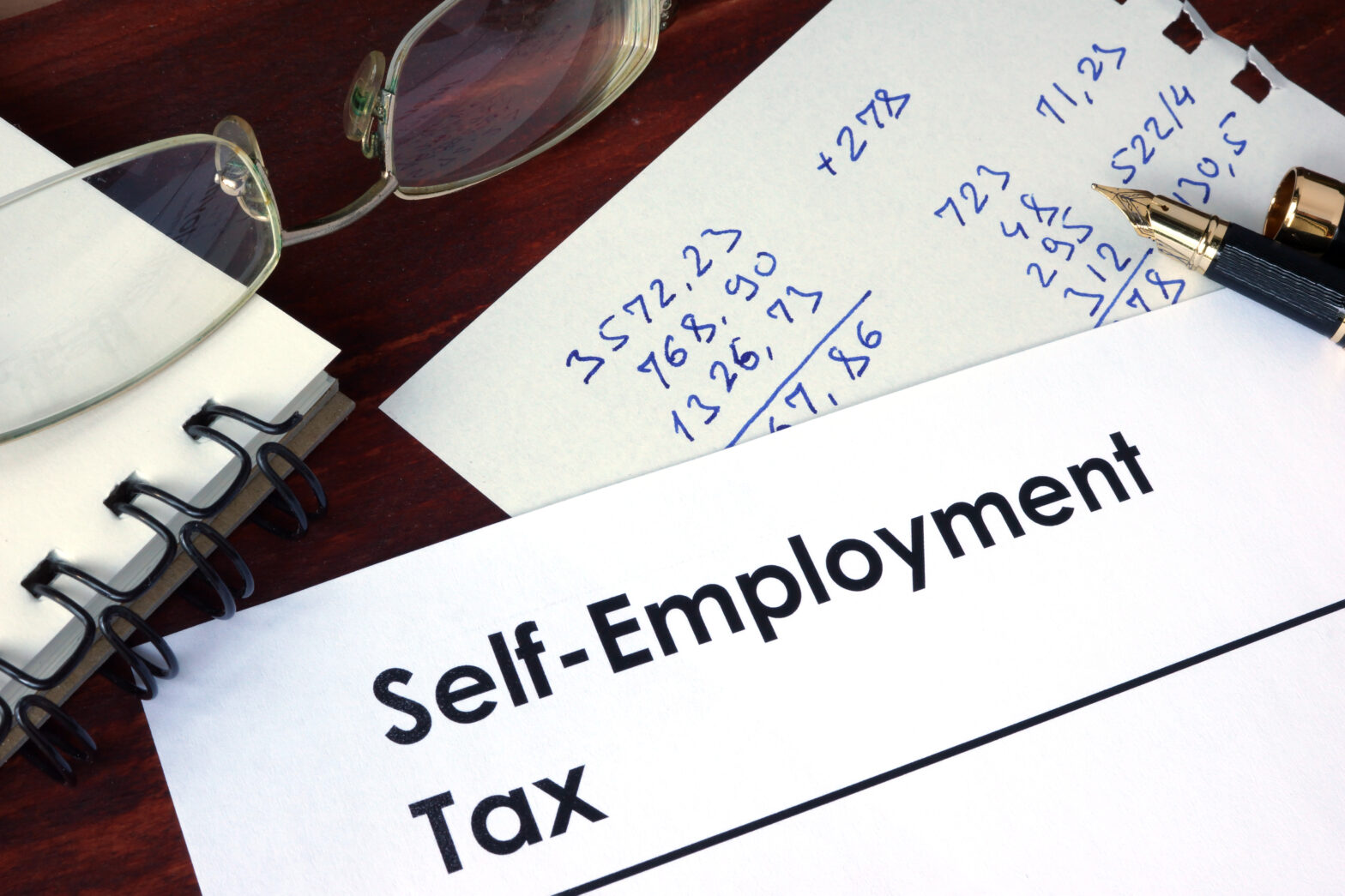The amount of tax paid by sole traders and other self-employed hit a record high in January with them paying nearly £22bn in income tax.
This is the highest monthly figure since records began in 1999 and one third higher than self-assessed income tax receipts received a year ago.
The £21.9bn total is 8.9 per cent of the total income tax received by the Treasury for the last 12 months, according to tax and advisory firm Blick Rothenberg.
According to the Office for Budget Responsibility, the Government’s tax and spending watchdog, the record amount of tax raised through sole traders and other self-employed helped the Government raise £5.4bn more than it spent on public services in January.
>See also: 7 advantages of being a sole trader
Previously, the OBR estimated that the Government would only have a bump of £400m to play with — January is traditionally a month where the Treasury receives more than it spends, as businesses and workers – including the self-employed – pay their tax bills.
The fact that the OBR and the Treasury itself was so wildly out in its tax revenue estimates have made observers wonder about the worth of any OBR forecasts.
Banished Prime Minister Liz Truss and her Chancellor Kwasi Kwarteng were pilloried for ducking any OBR estimates of what their mini-Budget would cost the economy.
>See also: Best business bank accounts for sole traders
And economists polled by Reuters got it even more wrong, having expected a £7.8bn deficit.
Bigger than expected tax receipts, which were also lifted by VAT and PAYE, mean that Chancellor Jeremy Hunt could have some headroom to cut business taxes on Budget day, March 15.
Ruth Gregory, deputy chief UK economist at Capital Economics, told the Financial Times the figures suggest that Hunt “will have some wriggle room in the Budget to fund near-term tax cuts”.
However, Gregory also told The Times, “January’s public finances figures suggest the chancellor may have scope for some giveaways in his budget … but with the OBR poised to slash its medium-term economic growth forecasts, any hopes the Chancellor might be able to give away a significant amount of money, while sticking to his previous debt-reduction plans, may be disappointed.”





